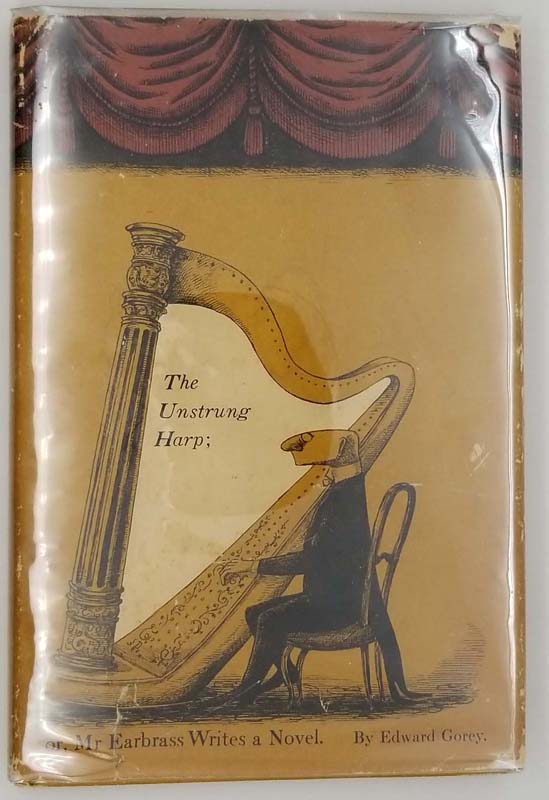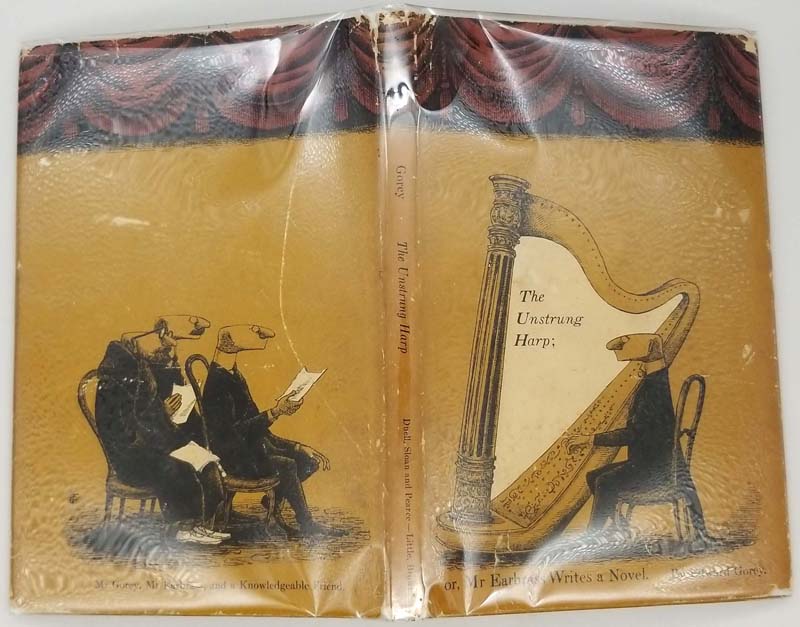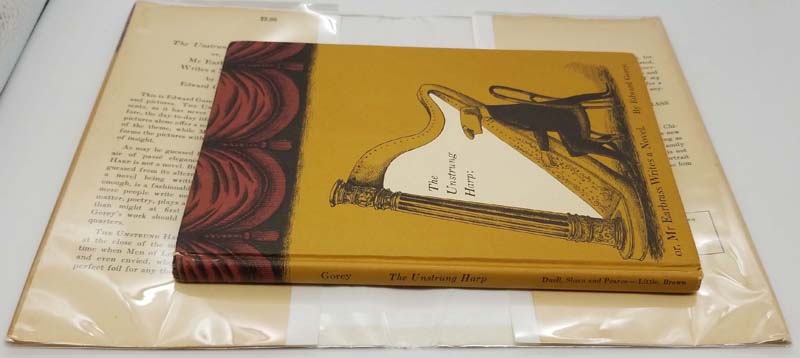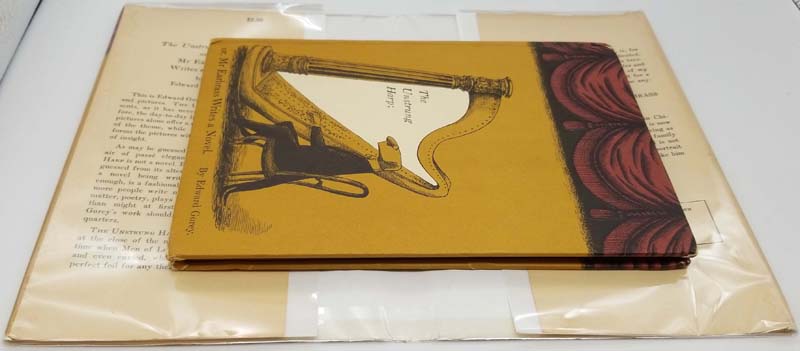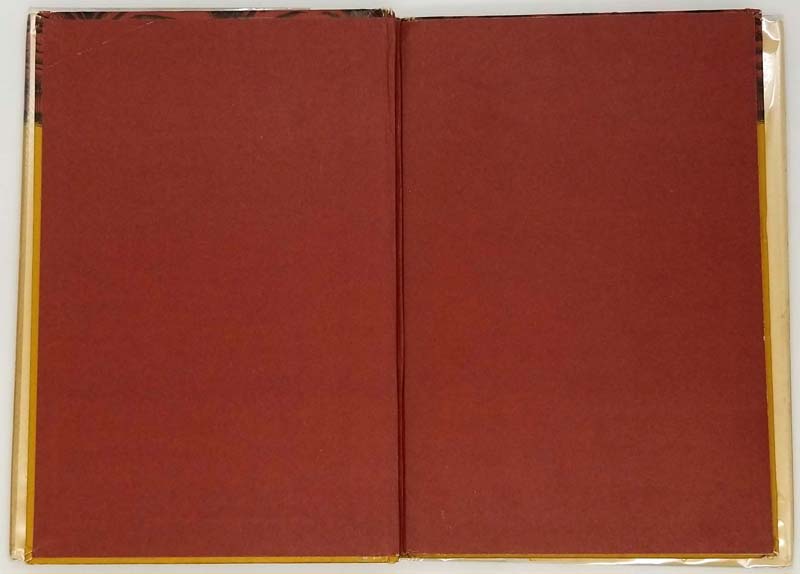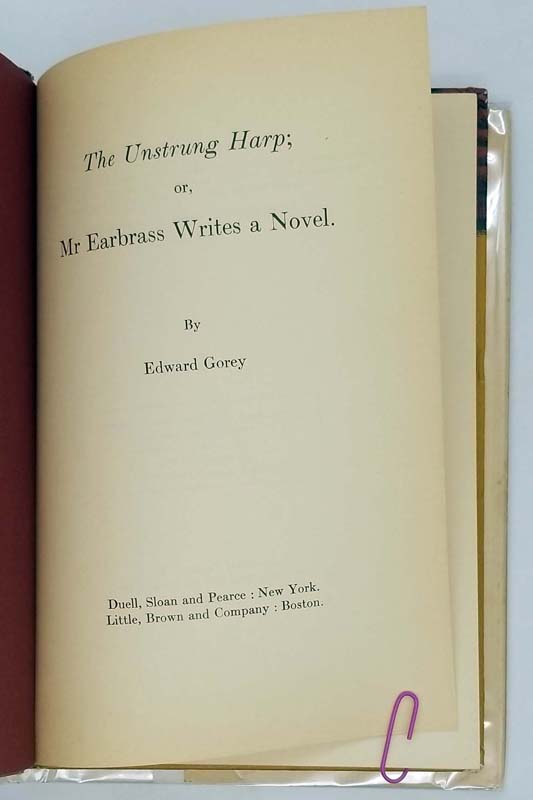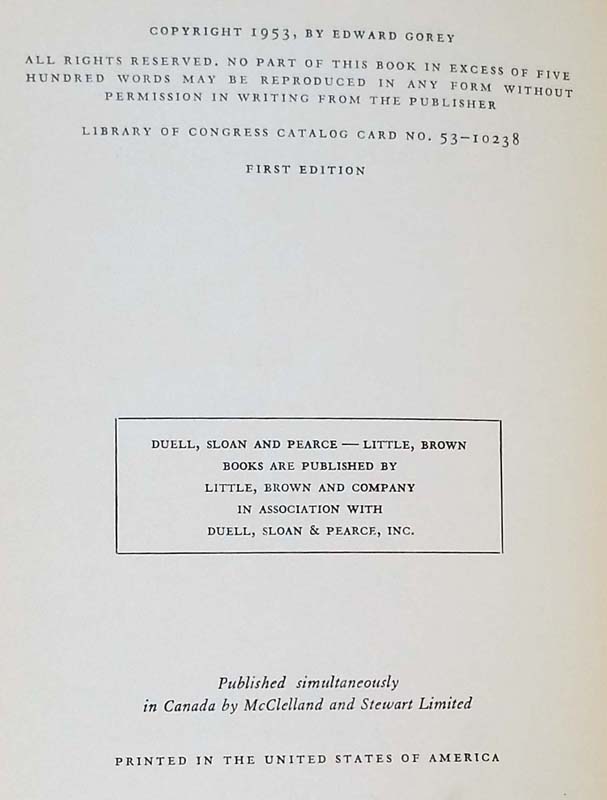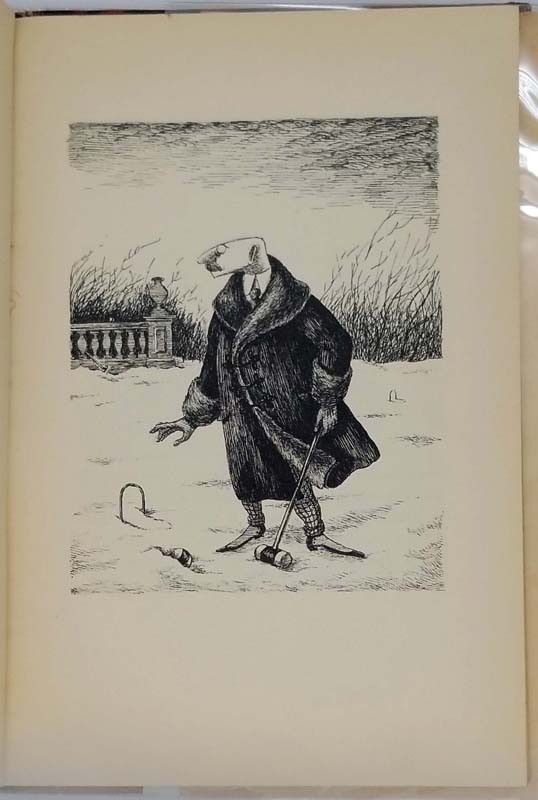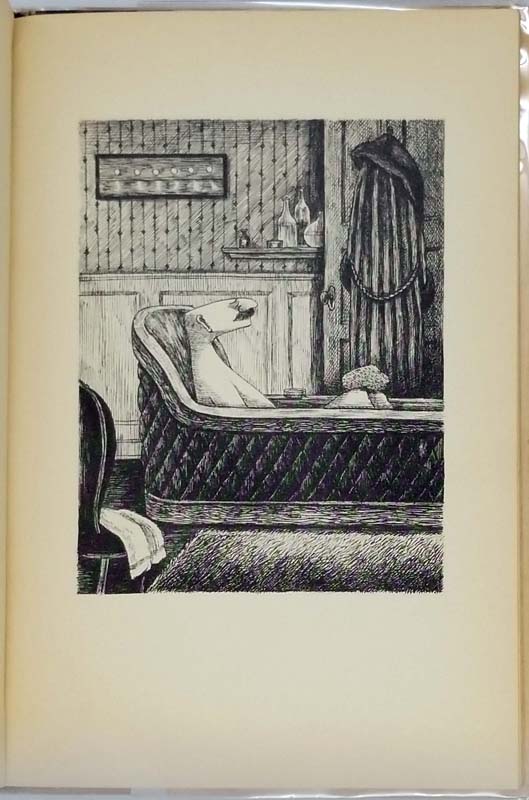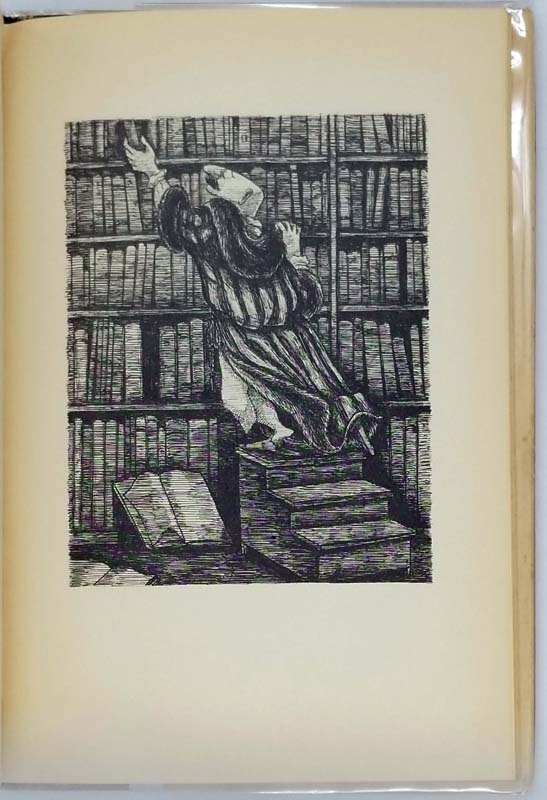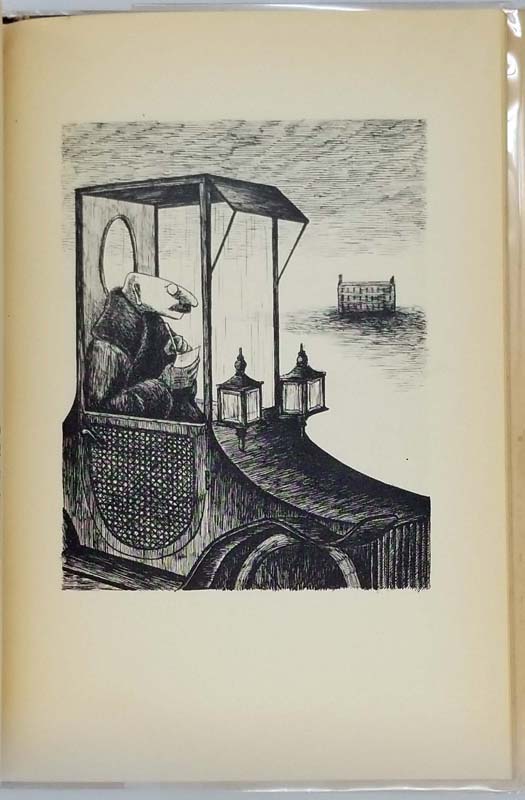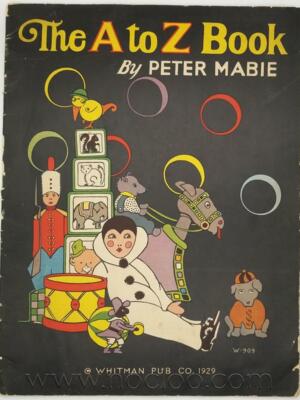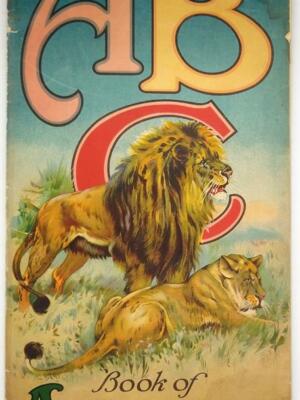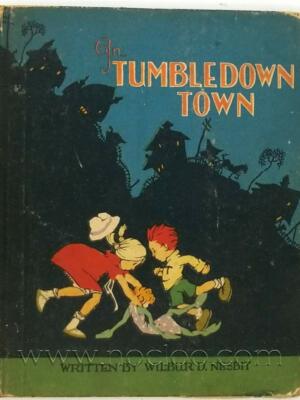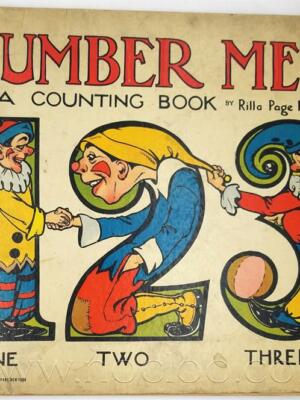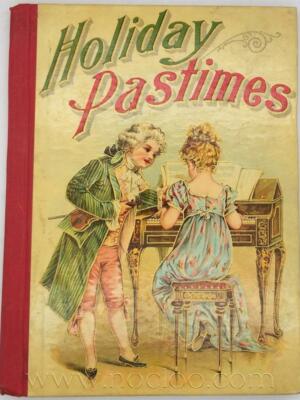The Unstrung Harp; or, Mr. Earbrass Writes a Novel (1953) is Edward Gorey‘s brilliantly absurd and melancholic ode to the agonies of literary creation. This early work—considered his first true masterpiece—follows the hapless novelist Mr. Clavius Frederick Earbrass as he labors through the tortured process of writing, editing, and regretting his fictional masterpiece, The Unstrung Harp.
With his signature crosshatched illustrations and deadpan prose, Gorey captures the existential dread of the creative process: the blank-page paralysis, the self-loathing of revision (“Chapter Eleven seems to be nothing but dialogue”), the hollow triumph of publication, and the crushing banality of literary fame. Mr. Earbrass, a gaunt, perpetually bewildered figure in a fur-collared coat, drifts through foggy landscapes and cluttered drawing rooms, haunted by the specter of his own mediocrity. The “unstrung harp” of the title becomes a metaphor for artistic futility—an instrument that can never be tuned, yet must still be played.
Gorey’s genius lies in the details: the way Mr. Earbrass’s manuscript pages blow ominously into the fireplace, the passive-aggressive letters from his publisher, and the surreal non sequiturs that punctuate his despair (“On Thursday he begins to suspect that the book is alive and is rewriting itself”). Beneath the humor lurks a poignant truth about the loneliness of creation, making this a cult favorite among writers and artists.
Often cited as the most relatable (and least romanticized) portrayal of authorship ever put to paper.
“Gorey’s Earbrass is every writer—alternately a genius, a fraud, and a hostage to his own imagination.” — The Paris Review
